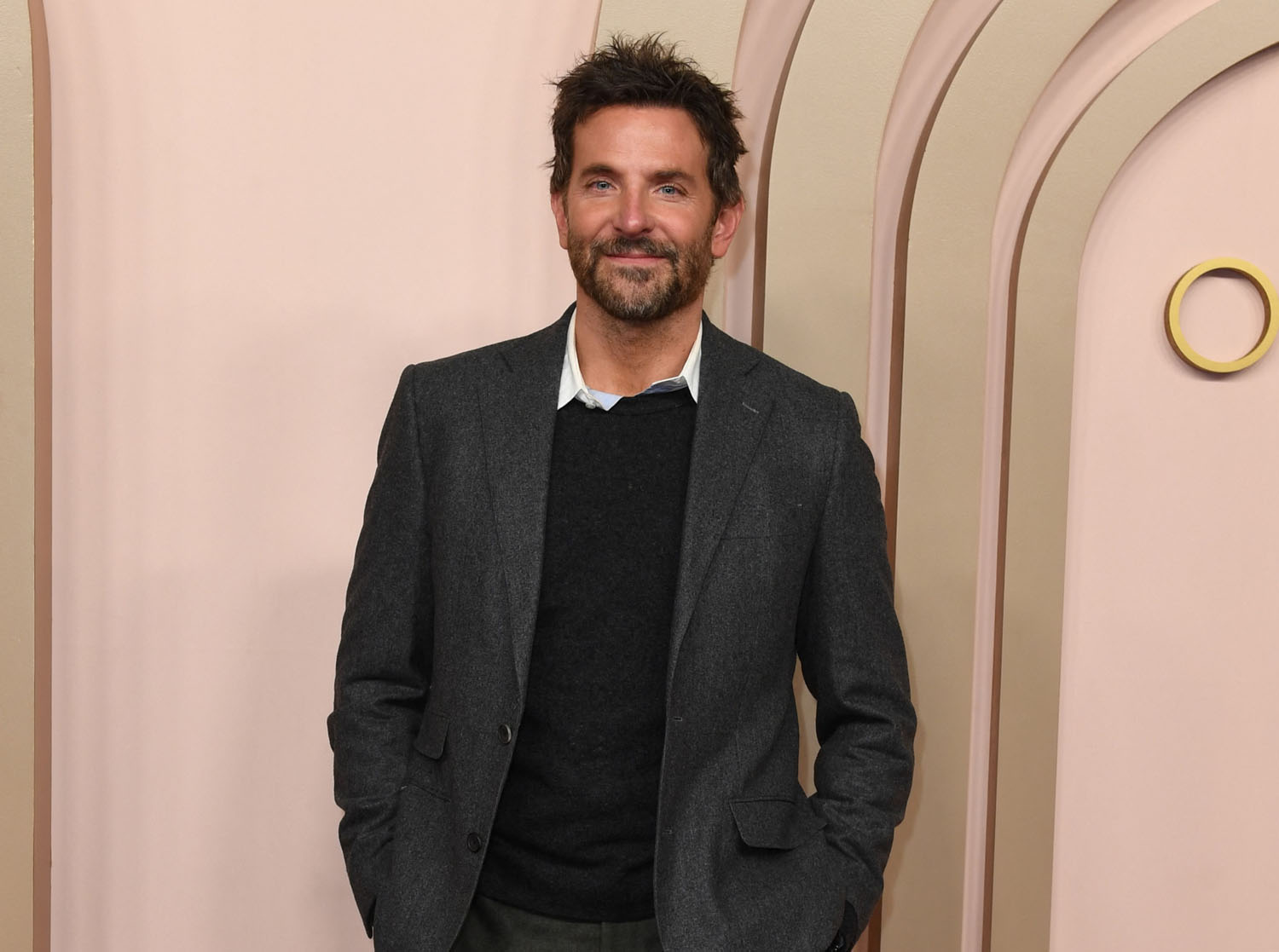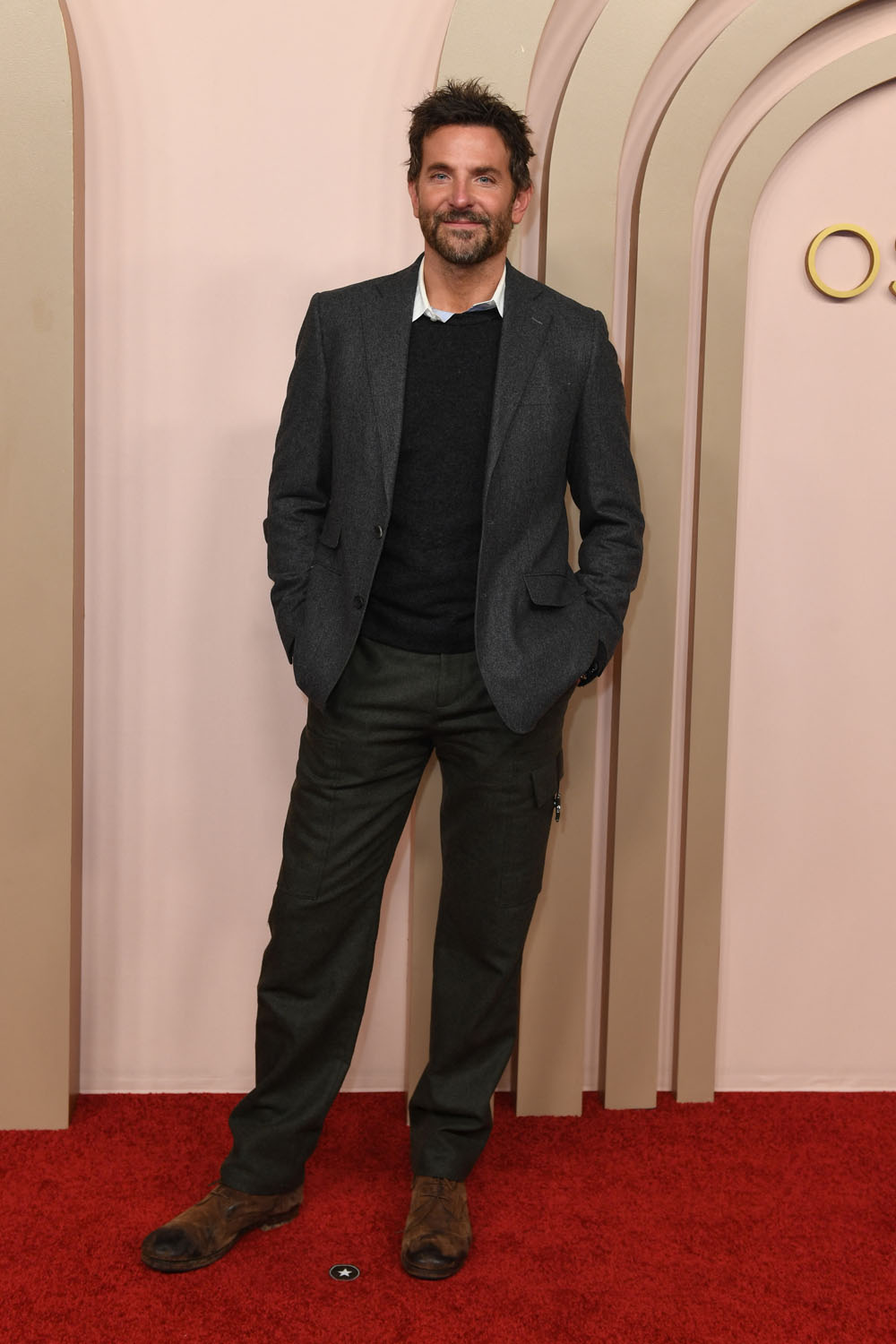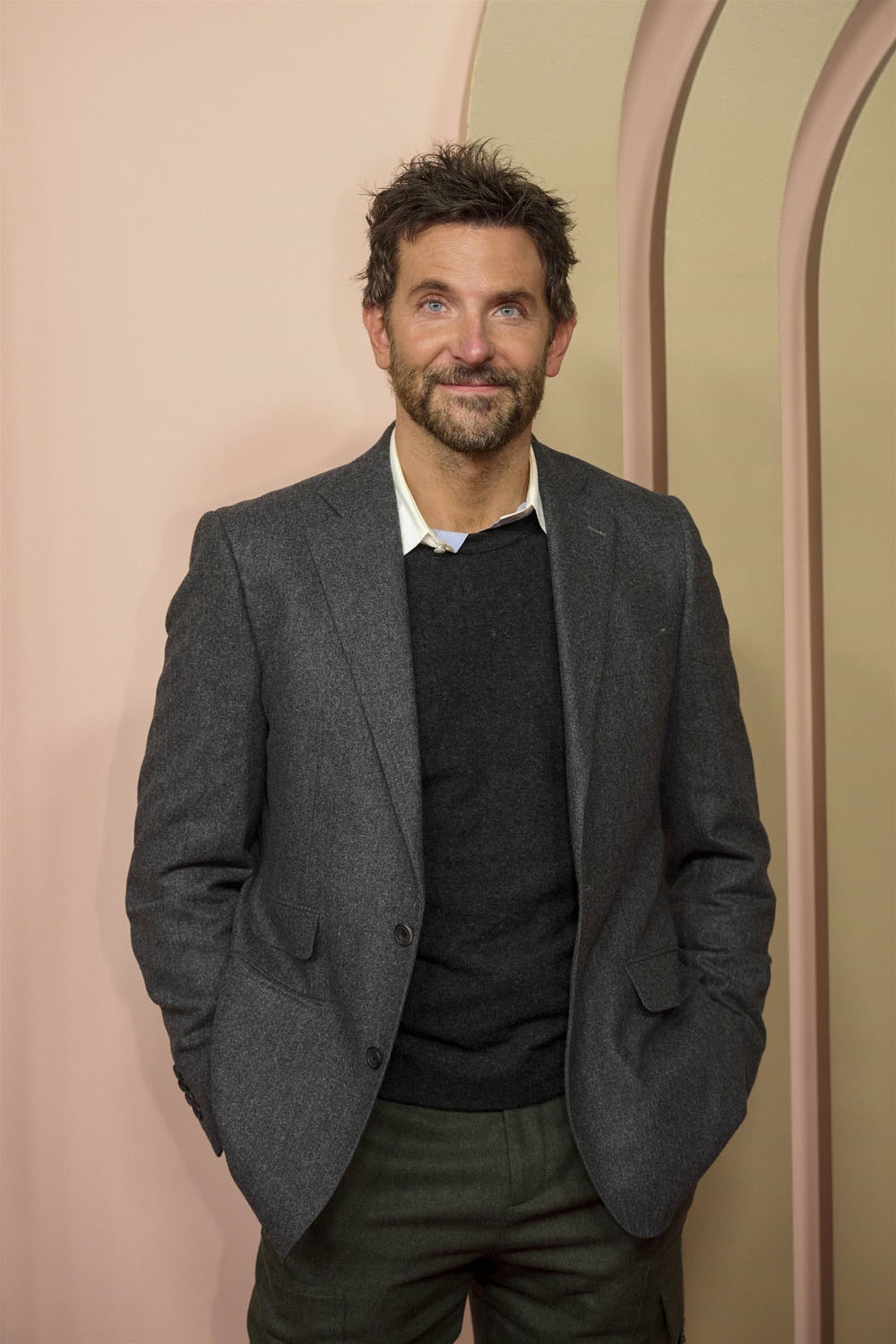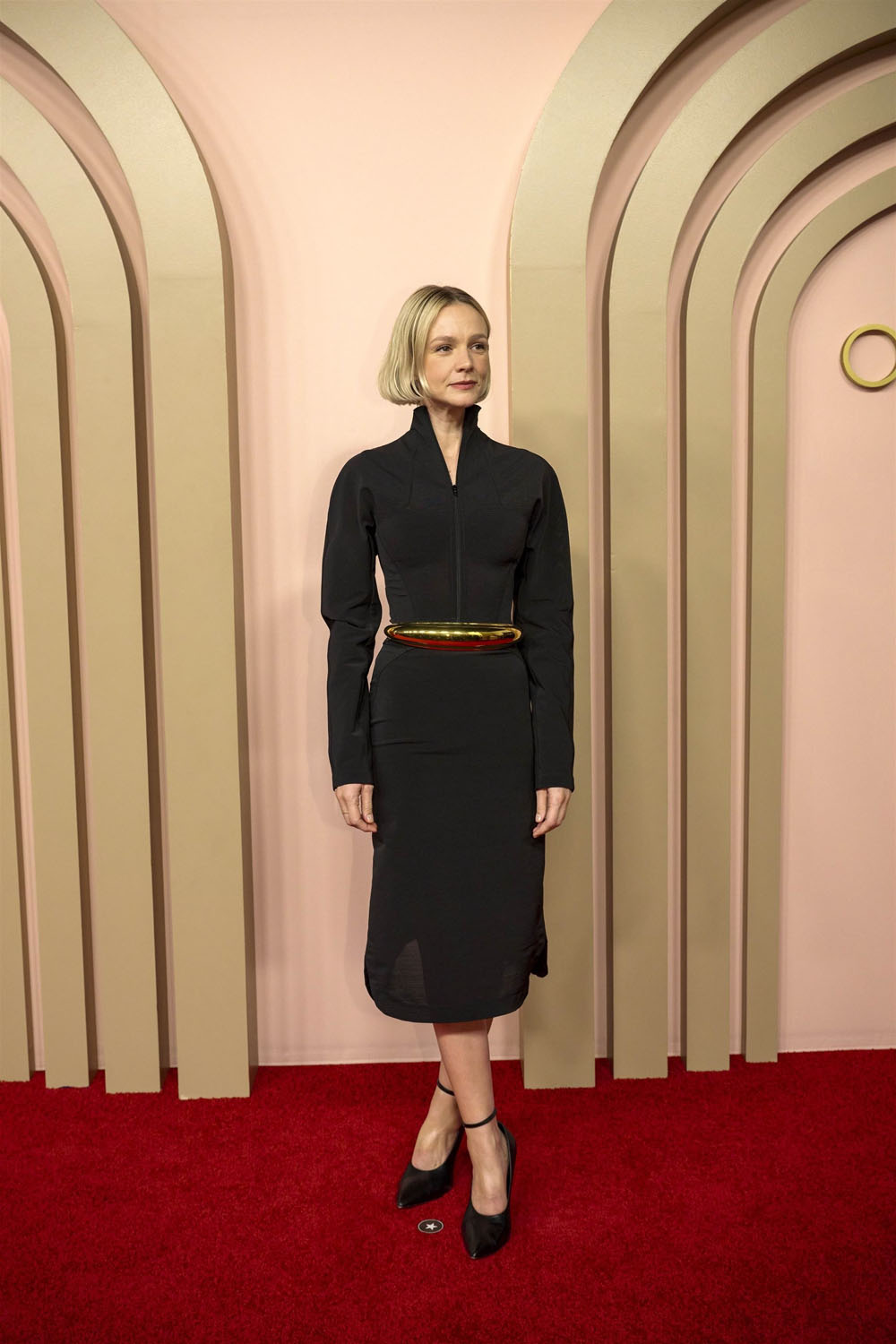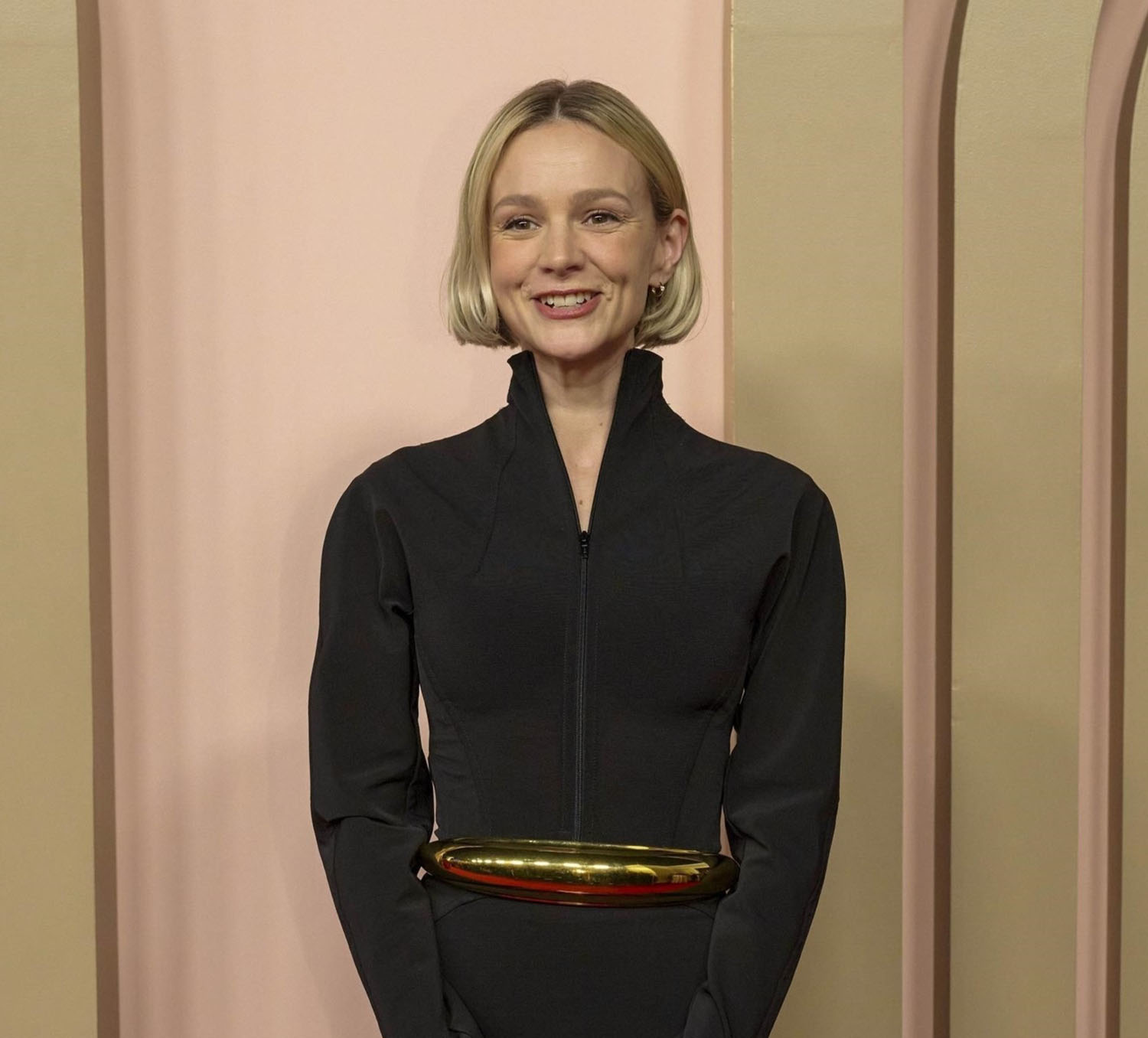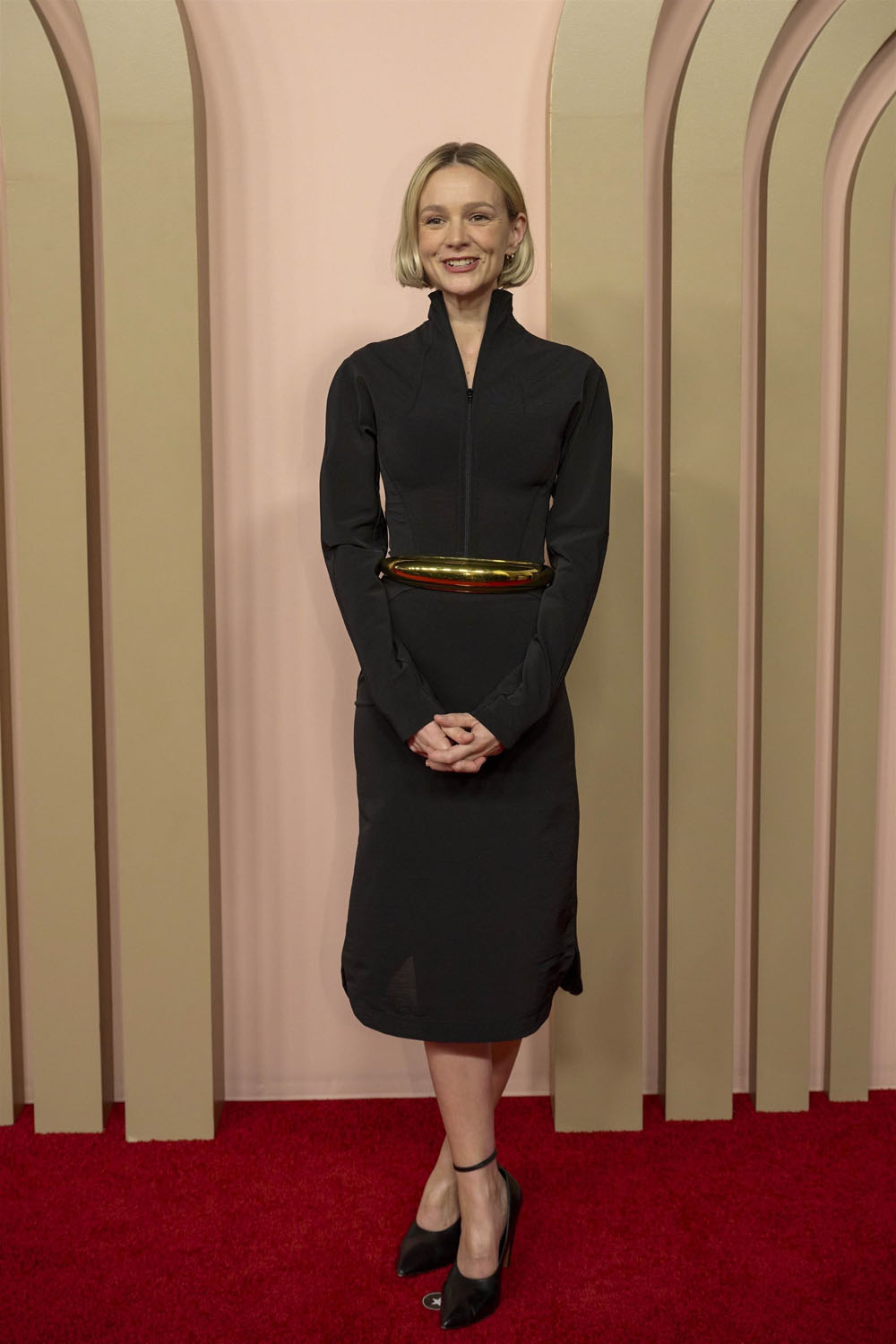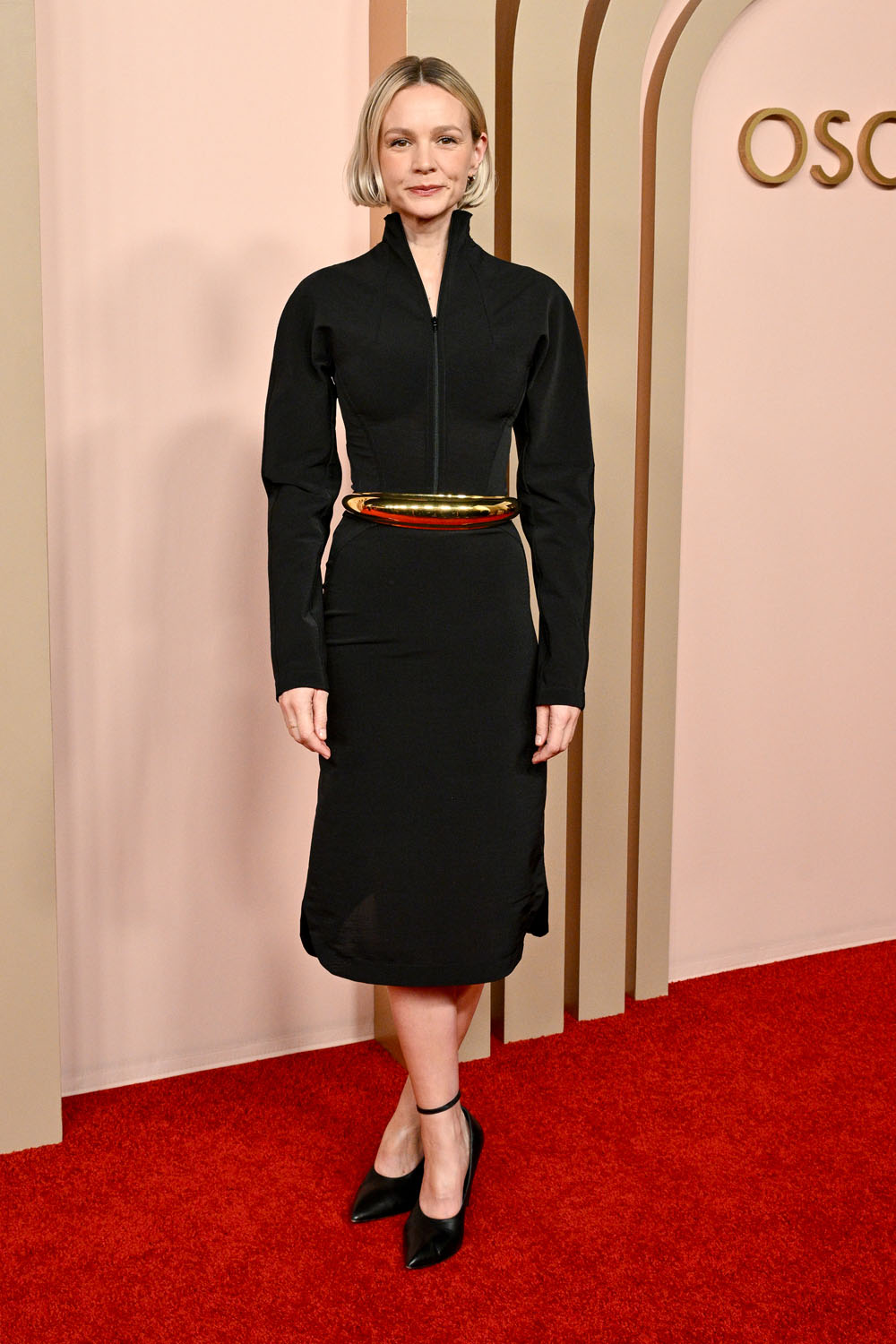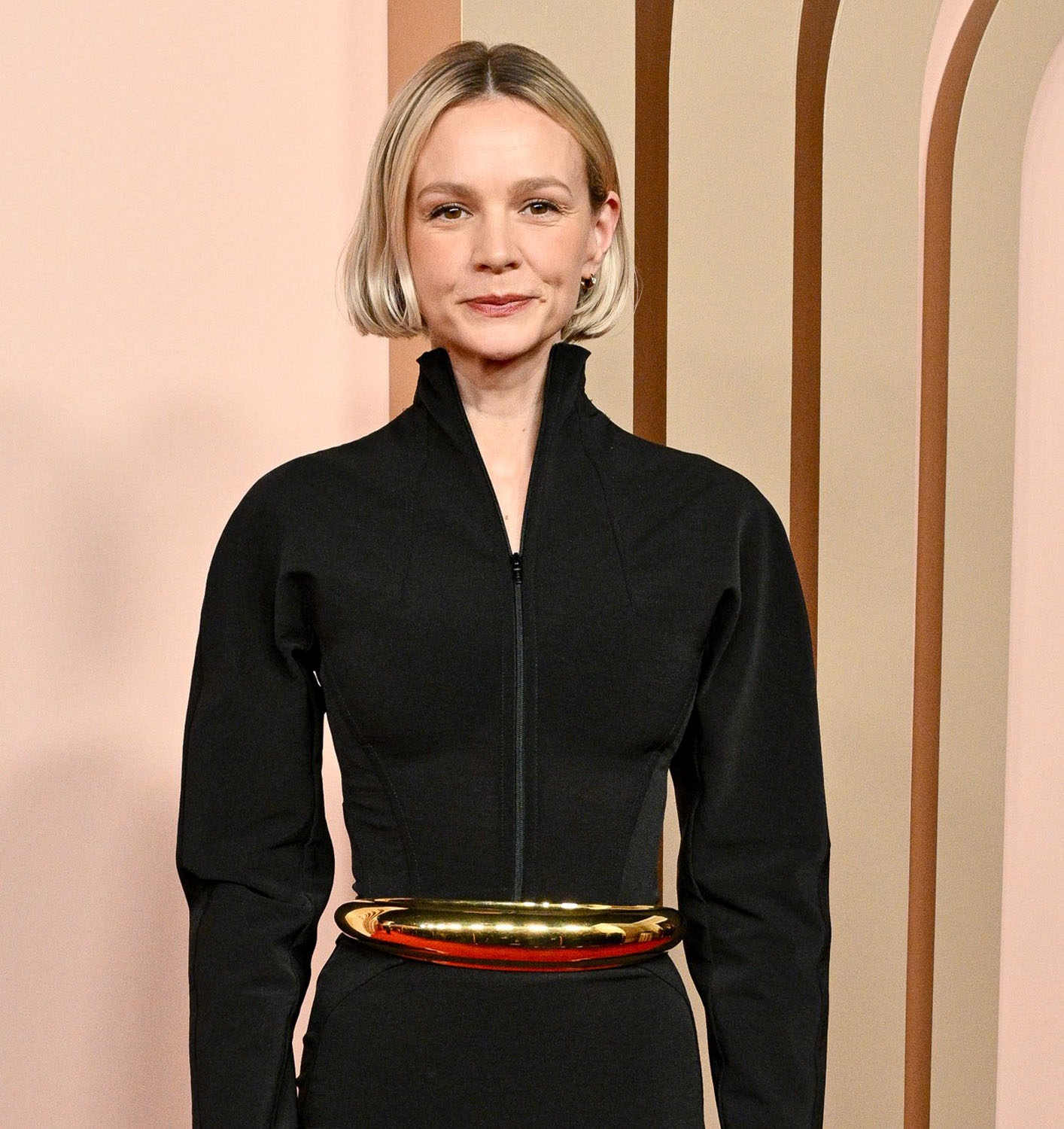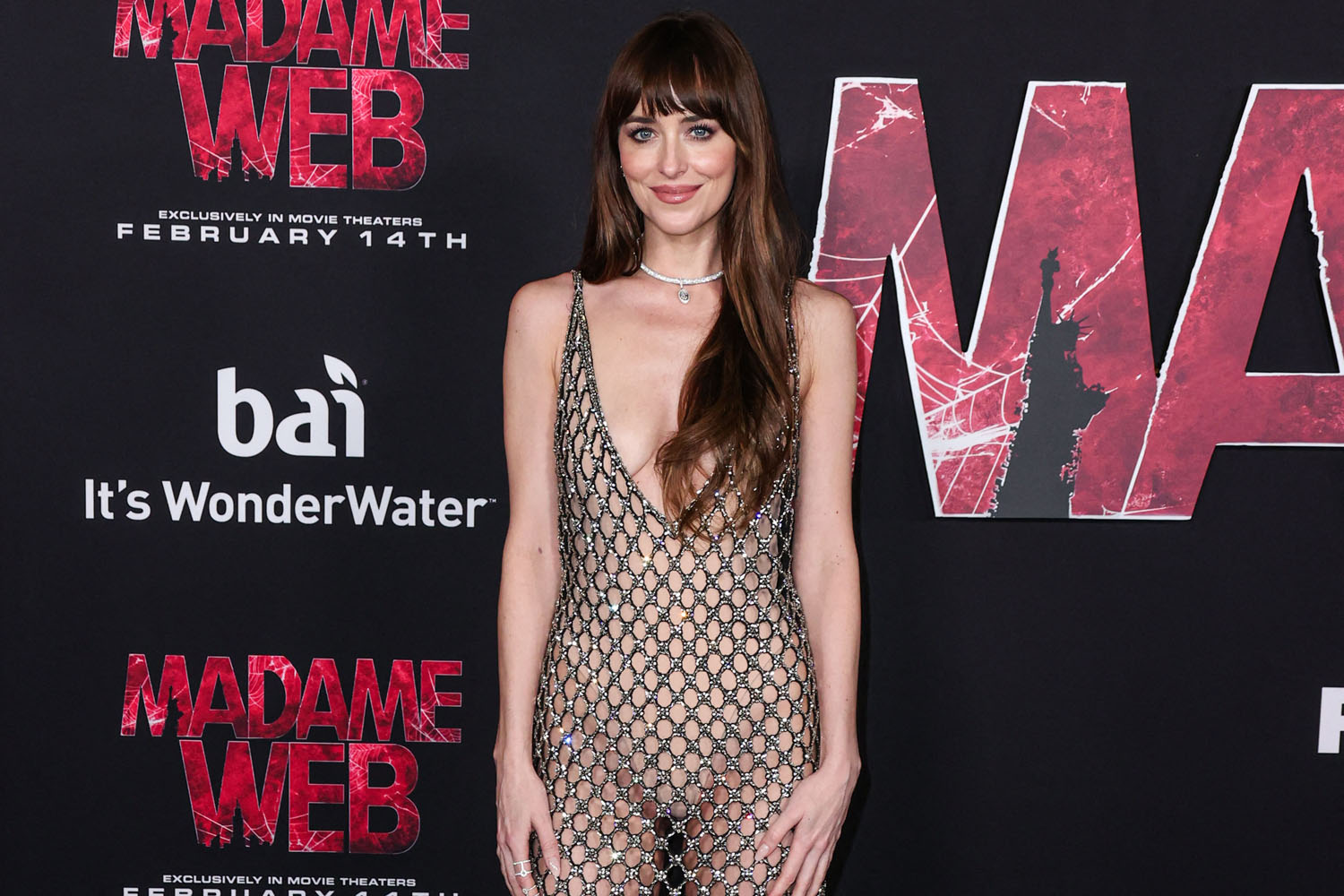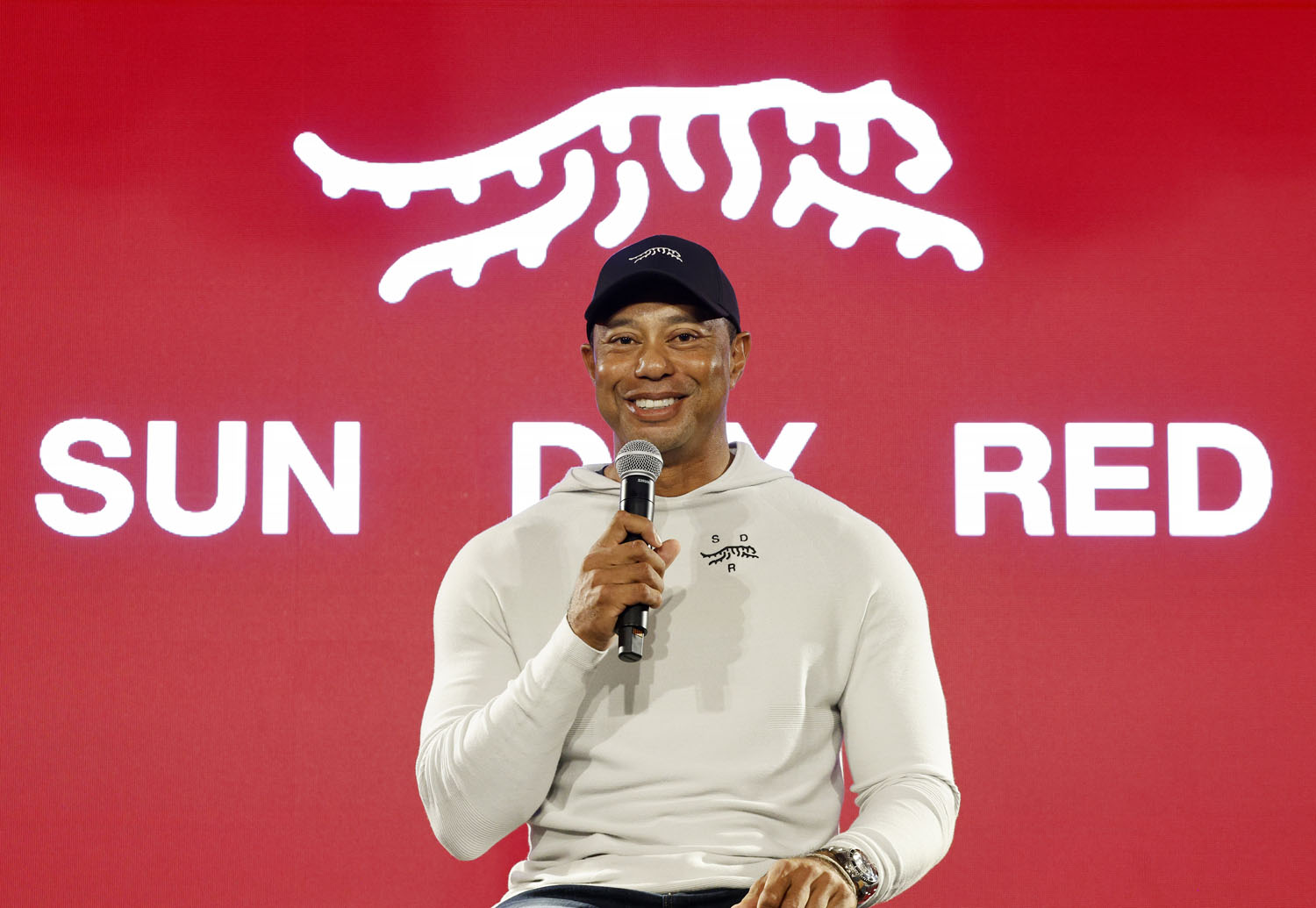Let BCoop be BCoop


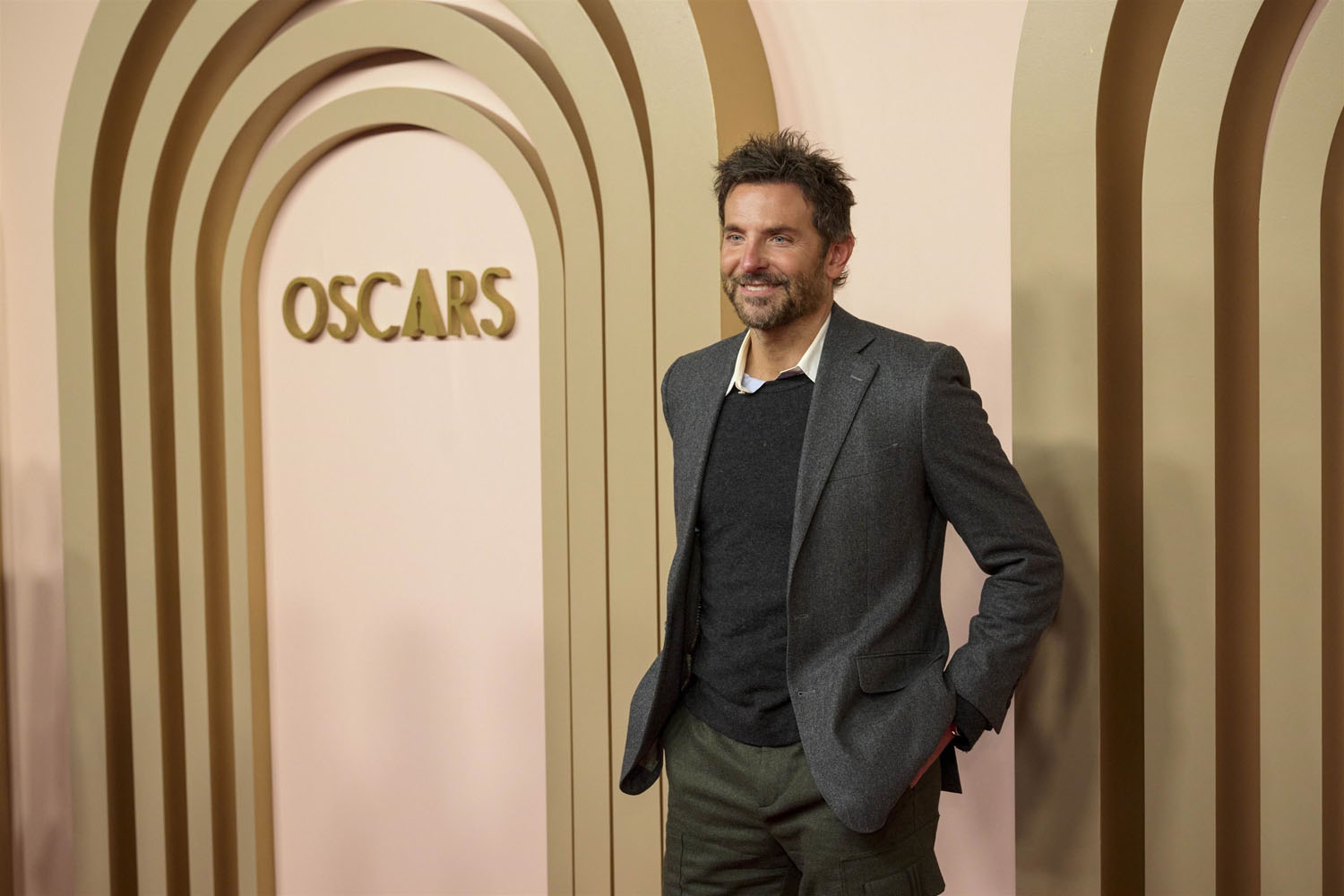
Every year has one, a villain in the narrative of the Oscar season, some person or film everyone can rally around, as if to say, We might not agree on what should be Best Picture or who should win Best Actress, but we can all agree X sucks.
In past years Oscar villains have included Green Book, Anthony Hopkins beating the late Chadwick Boseman for Best Actor in 2021, Todd Phillips, and maybe the most famous Oscar villain of recent memory, Anne Hathaway. Often, the Oscar villain is a film that somehow garners a lot of nominations despite no one in the general public liking it, but sometimes it’s a specific person who just plain wants it too much. This year’s Oscar villain, though, unites both traits—Bradley Cooper and Maestro.
BCoop has made no secret of wanting an Oscar. He obviously wanted it from his first nomination for Silver Linings Playbook (though he equally obviously knew he was destined to lose to Daniel Day-Lewis, no shame in that). With each successive nomination, he has wanted it more publicly, until this year, the wave crested. I have been making light of his thirst all award season, I cannot lie, but the “Bradley Cooper is the Oscar villain” think pieces and essays are literally piling up, so maybe it’s time to pull back and remind ourselves there’s nothing wrong with wanting to win, or be liked, and an Oscar is a strange combination of both. It’s a prize of accomplishment, but it’s also the result of your industry peer’s approbation. They really like you!
It's not a secret that BCoop is a try-hard, though. We’ve always known that. But the reason he got tagged this year’s Oscar villain is pretty easy—he wants it for a movie no one particularly likes, and that’s not just me and my lukewarm review talking. The film has a 59% audience rating on Rotten Tomatoes, and a 6.6 (out of 10) rating on IMDb after 47,000 votes. These are not the sum total of judging someone’s artistic expression, but it is pretty indicative that the general public isn’t really loving Maestro.
So BCoop’s full-court press for a film people are meh about only increases people’s reaction to his open desire to win, which leads to stuff like this:
https://twitter.com/owlhix/status/1754376305012048310
Is it fair? No. It wasn’t fair when everyone pounced on Anne Hathaway because she was too ambitious in public, either. I do think, though, that BCoop might not be the Oscar villain if Maestro was better received. If all the talk of effort and “six years for six minutes” went into a movie people have enthusiasm for, well, then we have a conversation like the effort of making Barbie look the way it does, or Christopher Nolan finally approaching a Best Director win with Oppenheimer. Instead, we have this:
Literally Bradley Cooper justifying Maestro pic.twitter.com/5iaP8hWPLi
— Juan Bradshaw (@who_isjuan) February 4, 2024
As Lainey has said, other people are campaigning, too. This is a competitive year, people are out here WORKING for their trophies. Carey Mulligan recently talked about how psyched she is to be nominated (again), calling it “the coolest thing” and “wicked”, and saying that actors who pretend the honor isn’t all that are “100% lying.” And yet, we prefer the lie. Stars campaigning for Oscars are expected to be just the right amount of humble, honored, grateful to their peers, and yet engaged and enthusiastic about the process, too. But they can’t be TOO enthusiastic, or else they’re a try-hard, and ugh, we hate them now. It’s impossible!
Which is why the only response is to be like Anne Hathaway. Absorb the ire of the internet, let it make you stronger, until you become the most unearthly hot version of yourself and then step on all our necks and never let up. Previously, I thought BCoop needed to relax and enjoy himself as a perpetual nominee. I’ve changed my mind. Lean in. Play it up. Enjoy the glow up, embrace being the Oscar villain.

